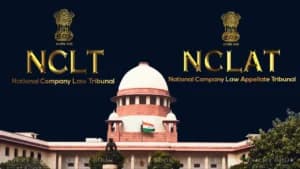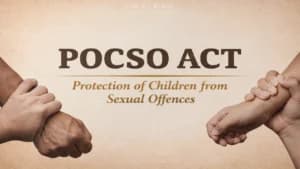The Bombay High Court has ruled that insurance claim amounts received by an assessee for dead horses are capital receipts and therefore not taxable under Section 41(1) of the Income Tax Act, 1961. This significant ruling came in a case involving a long-standing business of breeding, rearing, and selling racehorses since 1967.
The bench comprising Chief Justice Alok Aradhe and Justice Sandeep V. Marne addressed a vital question:
Can insurance claims received for dead horses be treated as taxable 'profits' under Section 41(1) of the Income Tax Act?
The horses, in this case, were insured and, upon their death, the assessee received insurance claims from the insurance company. The assessee had classified these horses as capital assets, arguing that any compensation received in relation to them should be treated as capital receipts, not as business income.
However, the Assessing Officer (AO) held that the assessee should not have added such a loss to the computation of income. The AO reasoned that loss from the death of an animal was an allowable deduction under Section 36(1)(vi) of the Act, and hence the insurance claim received must be treated as income under Section 41(1).
The Commissioner of Income Tax (Appeals) and the Income Tax Appellate Tribunal (ITAT) upheld this view, leading the assessee to challenge the interpretation in the High Court.
"The benefit which accrues in respect of loss or expenditure or which accrues by way of remission or cessation of trading liability will be taxable under the head 'Profits and Gains of Business or Profession' only when an allowance or deduction has been made with respect to such loss or liability."
— Section 41(1), Income Tax Act, 1961
Read Also:- Courts Must Safeguard Child’s Rights Before Ordering DNA Test, Even If Mother Agrees: Bombay High Court
Section 41(1) of the Act allows for taxation when a benefit arises in relation to a previously allowed loss or expenditure. On the other hand, Section 45 governs the taxation of capital gains from the transfer of capital assets.
In response to the authorities’ view, the assessee emphasized that the insurance payment was received due to the destruction of capital assets and did not constitute a trading receipt or income in the nature of profit.
“The Revenue has grossly erred in shifting the amount of insurance claim received by the Assessee from the head ‘Capital Gains’ to ‘Profits and Gains of Business or Profession’ for taxation under Section 41(1),”
— observed the High Court bench
The court clarified that since the assessee treated the horses as capital assets, the insurance claim must be considered capital in nature, not revenue. Taxation, therefore, should only arise under Section 45 and not under Section 41(1).
Read Also:- Bombay High Court Asks BMC to Reconsider Nine-Day Slaughter Ban for Paryushan Parva
“After treating the horses as ‘capital assets’ of the Assessee, the insurance receipt would obviously become capital gain... The Revenue could not tax it under Section 45 and hence attempted to treat it under Section 41(1), which is impermissible.”
— the bench added
In conclusion, the High Court allowed the appeal, affirming that the entire amount of insurance received for the dead horses should be treated as capital receipt, taxable only under Section 45(1) of the Act. The Revenue’s attempt to reclassify the receipt was deemed unjustified.
Case Title: M/s. Poonawalla Estate Stud & Agricultural Farm v. Commissioner of Income Tax













